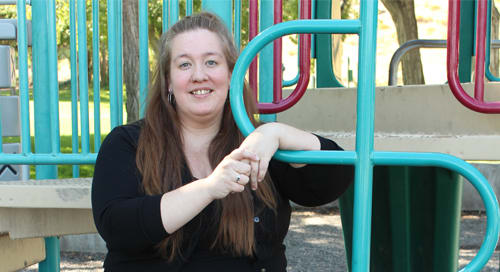The Importance of Connection

The Importance of Connection
BY MARY LYNN MERRIMAN
Loneliness and Isolation are all too common
We are social creatures. Our social connections help us survive and thrive. That innate desire to bond with others is woven into our biology and starts the moment we are born.
Our connectedness gives us a sense of being cared for, supported, and belonging. It can be centered on feeling connected to work, to family or other important people, and to organizations and activities. Our ability to connect with others shines through in the simplest forms of human communication — whether it’s the nuances of our voice, the expressions on our faces, or the warmth of our touch.
There are positive health implications, as well. Significant evidence indicates that social support and feeling connected can help people maintain a healthy weight, control blood sugars, improve cancer survival, decrease cardiovascular mortality, and improve overall mental health. American psychologist Abraham Maslow even listed “love and belongingness” as one of his five essential “Hierarchy of Needs.”
The challenge of connection as we age
Change in life is inevitable and can disrupt existing connections and relationships. This can be particularly true as people grow older. They often find themselves spending more time alone. Declining health and mobility, loss of significant loved ones, and the smaller size of their social support network all contribute to less social connection, according to Kadlec Senior Clinic’s Delia Takagi, MD, who specializes in Geriatric Medicine.



